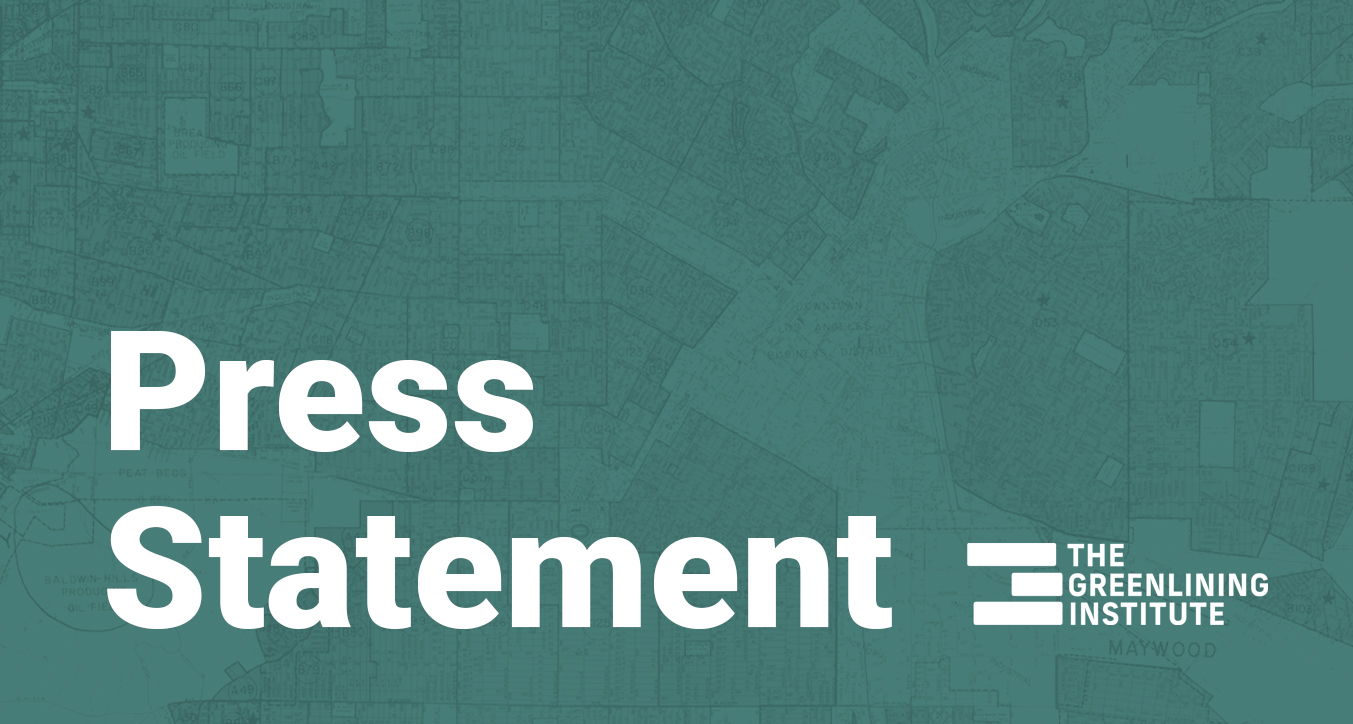The FCC Wants to Shut Out the Public – Again

Media Contact
Danielle Bell
SENIOR PROGRAM MANAGER FOR MEDIA RELATIONS
media@greenlining.org danielle.bell@greenlining.orgby Paul Goodman
The Progressive
President Donald Trump is not a big fan of open government. He likes to implement policies without having to deal with annoying inconveniences, like input from the public.
For example, if you were chair of the Federal Communications Commission, and you wanted to spend your time handing out favors to huge phone and internet providers like AT&T, T-Mobile and Comcast, having to consider public input would be quite a nuisance. That’s what is happening right now, on an issue that affects nearly everyone.
The current FCC chair, Ajit Pai, is a former Verizon lobbyist who has repeatedly disregarded the public interest in enacting rules that hike corporate profits at the expense of low-income consumers and consumers of color. He’s still doing that on net neutrality.
In 2015, the FCC implemented net neutrality rules that prohibited providers from blocking online content or creating “fast lanes” and “slow lanes” on the internet — rules that were supported by 83% of voters, including 75% of Republicans. But phone and internet providers hated those rules, and one of the first actions Pai took after his becoming FCC chair in 2017 was to eliminate them.
Pai pointedly ignored comments from the public unless they contained “serious legal arguments.” He refused to consider more than 50,000 consumer complaints about net neutrality violations, and disregarded that more than a million anti-net-neutrality comments were fraudulent. In the end, an industry-sponsored study found that 98.5% of the unique public comments filed at the FCC supported net neutrality rules — but Pai eliminated them anyway.
Now he’s at it again.
A court recently held that Pai’s legal reasoning for getting rid of net neutrality meant that the FCC could not regulate internet-based 911 services, provide subsidies for internet service for low-income households, or control how internet providers installed their wires and cables on telephone poles. The court kicked the proceeding back to the FCC to address these regulations, which requires another opportunity for the public to comment.
Pai has set the shortest possible comment deadline of March 30, 2020 — once again demonstrating that he’s not interested in public input.
One of the cornerstones of our democracy, enshrined in the First Amendment, is the right to petition the government for redress — that is, to make our opinions known to policymakers. This principle permeates every level of policy-making in this country, from the right to public trials, to open meeting laws, to the right to access public records.
Chairman Pai is thumbing his nose at the principle and thinks he can disregard public input. Let’s prove him wrong — go to www.fcc.gov/ecfs/filings/express and let the FCC know that the public will be heard.


